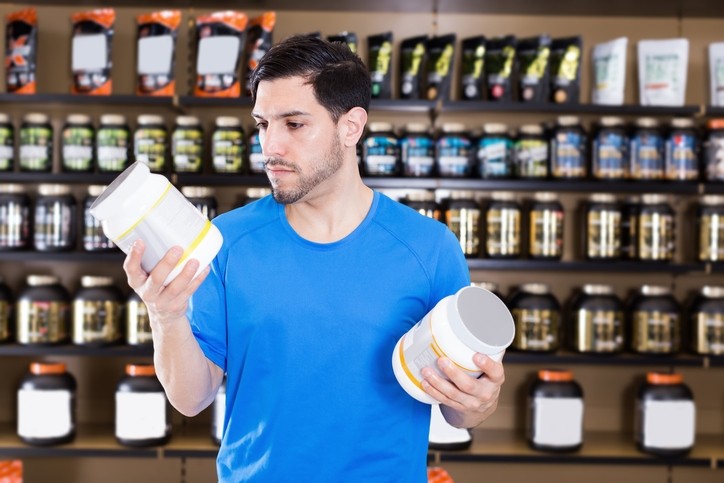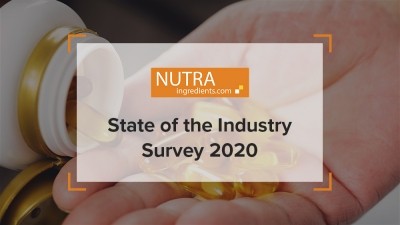Do consumers care if ingredients are synthetic? Yes, survey finds

The impetus behind the firm’s survey was a recent EFSA decision to eliminate the requirement to identify synthetic zeaxanthin, Scott Steinford, the firm’s managing partner, told us.
“The reason EFSA provided to support the decision was economic harm as a result of ‘the negative connotation of the term ‘synthetic,’” he explained. “In other words, fewer people bought the product if a synthetic zeaxanthin was identified.”
“We wanted to see if that was true and it turns out they were right; people don’t want to buy products labeled as synthetic.”
Survey ‘not a declaration of value of natural or synthetic’
The online survey was conducted last month among a nationally representative sample of 1,002 US adults ages 18 and over. The firm conducts periodic surveys to gather insight on consumer behavior and attitudes towards supplements.
The main question in the survey was: Should manufacturers be required to identify/label "synthetic" ingredients used in a dietary supplement (vitamins, minerals, herbs, protein powder, fish oil, etc.)?
They found that a vast majority (91%) would not purchase synthetic-labeled supplements. Of the 8% that said they would buy it, 4% said they’d still want the product to be labeled synthetic.
“Trust Transparency did not underwrite this survey to make a declaration of value of natural or synthetic, that is a different discussion,” Steinford clarified.
He added that, in fact, some synthetic forms are beneficial to human health. “For herbs, ingredients need to be natural to be effective, but for some vitamins (i.e., Vitamin B12, Vitamin D3) it’s nearly impossible to get from nature,” he said.
Survey Details
- 83% of respondents said synthetic supplements should always be labeled as synthetic
- 51% of women said supplements should always be labeled synthetic, vs. 47% among men
- 91% of respondents said they would not purchase supplements labeled synthetic
From Trust Transparency Consulting's online survey of 1,002 US adults in August 2018.
“The question posed here is does the consumer care to know the product they are purchasing is synthetic or not and, by extension, have the right to know the truth?” When it comes to caring to know, he said the answer is decisively yes.
“Most consumers prefer truthful and transparent labels but EFSA and the FDA decline to definitively decide the issue.”
FTC does not require synthetic products to be labeled as such
In the US, companies that call out a natural ingredient when in fact it is synthetically derived is violating FTC regulations, but companies that market products with synthetic ingredients aren’t required to label it as so.
While there has been no major call to action in the US to have the regulatory structure require identification of synthetic ingredients, pressure to identify (and even eschew) has mostly come from retailers and foodservice providers.
“Customers of companies such as Panera and Whole Foods have exerted enough pressure to mandate ‘no-no lists’ banning the use of some synthetic ingredients,” Steinford explained.
As to what his company thinks is the right way to go? Labeling. “Trust Transparency does not agree that the answer to overcoming consumer preference is to hide the truth,” Steinford said.







